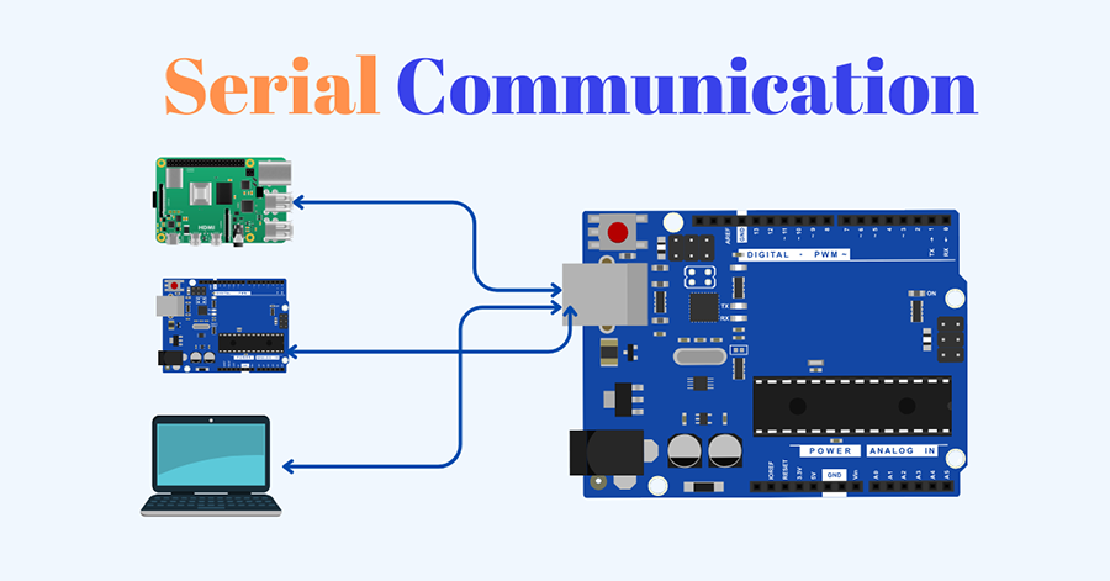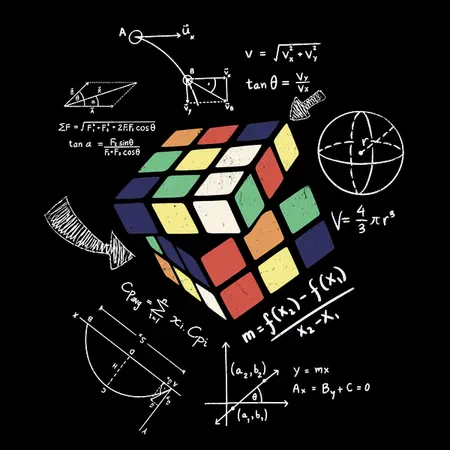Featured Posts

Why RISC-V Can Be a Game Changer?
In an industry where silicon efficiency, design flexibility, and time-to-market are paramount, the limitations of proprietary processor architectures are becoming increasingly apparent. RISC-V, an open-source ISA, is reshaping the VLSI design landscape by enabling deeper hardware-software co-design, architectural customization at the RTL level, and tighter control over power, performance, and area (PPA)—without the constraints of licensing or closed specifications
Read moreRecent Posts

Demystifying UART, SPI, and I2C: Communication Between Chips
In both VLSI design and embedded systems, no chip operates in isolation. Whether it’s a microcontroller interfacing with sensors, a processor communicating with memory modules, or multiple peripherals synchronizing data, inter-chip communication is fundamental to building reliable and scalable hardware systems.
Read more
Kociemba’s Algorithm – The Two-Phase Breakthrough #PID1.5
Kociemba’s algorithm revolutionizes Rubik’s Cube solving by efficiently navigating the immense complexity of the cube’s state space using advanced mathematical tools from group theory and heuristic search. This two-phase method strikes a balance between tractability and optimality, making it a cornerstone of computational puzzle solving.
Read more
How Do Computers Come into the Art of Solving Puzzles? #PID1.4
Throughout history, puzzles have intrigued the human mind, not merely for entertainment but for the challenge they pose to logic, creativity, and persistence. From ancient labyrinths to Sudoku and the Rubik’s Cube, solving a puzzle often feels like an art — but beneath that art lies a surprising amount of structure. And where there is structure, computers can often outperform intuition.
Read more
Getting Started with Hugo: A Step-by-Step Guide
Hugo is a fast, flexible, and open-source static site generator that allows you to build websites with ease. Originally popular for blogging, Hugo’s versatility makes it ideal for creating a wide range of sites — from personal portfolios and academic project showcases to documentation hubs and even e-commerce sites. Whether you’re building a professional portfolio, a research site to share your academic work, or a personal blog, Hugo has you covered.
Read more
The Mathematics Behind the Rubik’s Cube #PID1.3
The Rubik’s Cube is not just a puzzle; it’s a deep mathematical object grounded in group theory, combinatorics, and geometry. Understanding the math behind it allows us to grasp why it has 43 quintillion possible states, how we categorize moves, and why some solutions are more efficient than others.
Read more
Setting Up Icarus Verilog on Google Colab
Google Colab is a cloud-based platform that allows you to run code in a Jupyter Notebook environment. While it’s primarily designed for Python, it can also be adapted to run Verilog simulations using Icarus Verilog. This guide walks you through setting up Icarus Verilog on Colab, writing and compiling Verilog code, running simulations, and generating waveform files for debugging—all in the cloud.
Read more




